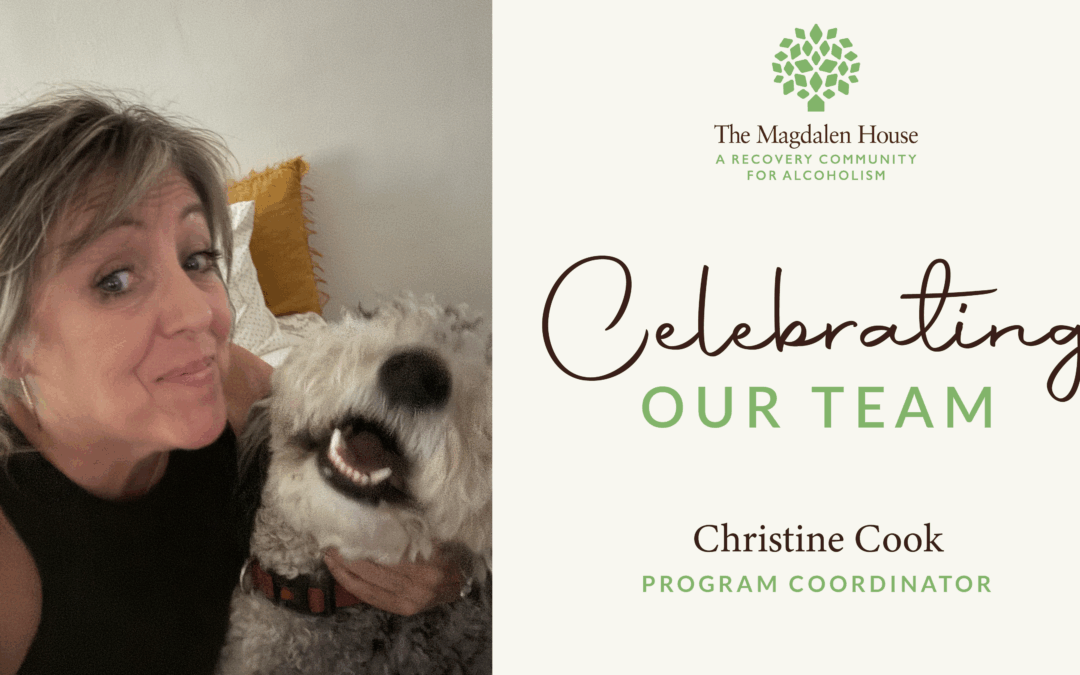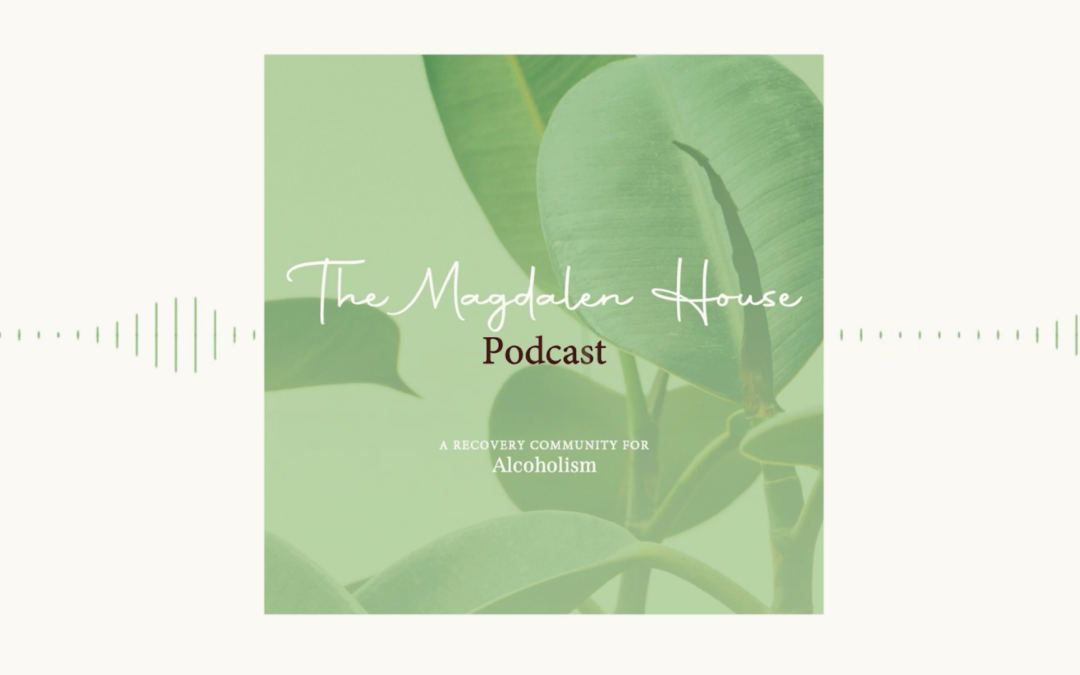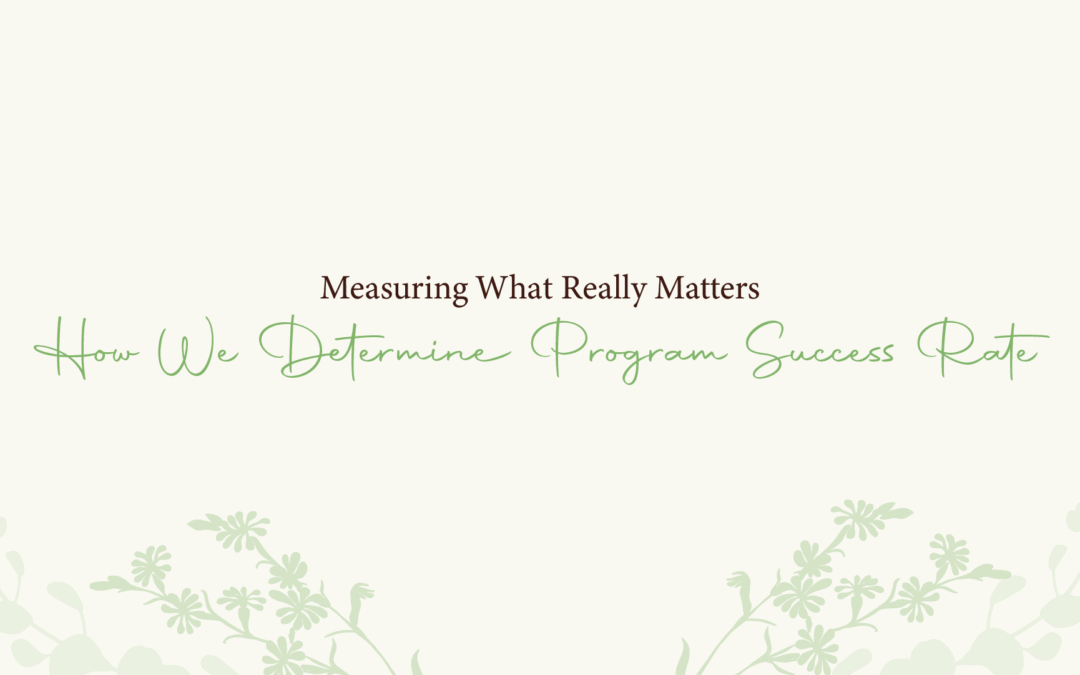Am I Responsible for my Alcoholism?
Written by Lisa Kroencke, Chief Executive Officer
According to The Big Book of Alcoholics Anonymous, alcoholism is a disease with two parts: a physical allergy and a mental obsession. Once I consume alcohol, my body reacts with a craving beyond my mental control. Even when I try to stop drinking, my mind constantly obsesses over the next drink.
As in most other diseases, I found out alcoholism is not my fault. No one wakes up and chooses to become an alcoholic, just like no one chooses to have cancer. For a long time, I believed I could fix myself by changing my behavior. I just needed more control and more willpower. Trying to change my behavior only made things worse, and I discovered I could not fight this disease alone. I was powerless over alcohol and accepting that wasn’t defeat—it was the beginning of hope.
The Big Book taught me that I was not morally weak, broken, or lacking willpower. It calls me to action. That’s the pivot point: while I did not choose to be an alcoholic, I am responsible for what I do about it. I had to accept I needed help, actively pursue change, and commit to it with everything I had.
How Can I Take Responsibility for my Alcoholism?
My recovery from alcoholism was my responsibility alone. I could not recover for anyone else, and no one else could do it for me. If I could have stopped drinking on my own, I would have done it long ago. I needed the support of a recovery community, the shared understanding of others, and a daily commitment to do the work. Taking responsibility means more than admitting I have a problem; it means taking consistent action by working the 12 Steps with honesty, open mindedness, and willingness. Through that process, I’ve had a spiritual awakening that has become the foundation of recovery.
I Didn’t Cause My Alcoholism. So Why Should I be Responsible for it? Because Responsibility Is Power.
It was hard to understand the logic behind assuming responsibility for something I could not control and didn’t cause. Still, I need to look no further than The Big Book, which encourages me to assume the responsibility of recovery so I can help others going through similar pain.
“Never avoid these responsibilities … Helping others is the foundation stone of your recovery” (p 97).
Responsibility in this context isn’t about blame—it’s about empowerment. The Big Book’s emphasis on honesty, surrender, and service isn’t punitive, it’s freedom. It’s about helping you tap into something greater than yourself, so you help others do the same.
This was my aha moment: recovery wasn’t about me getting sober, it was 100% about those I might help someday. In assuming responsibility for my own healing, I opened the door for others to walk through theirs. I can help others by showing recovery is possible-because I have been through it myself. That purpose? It’s been the most beautiful gift of all.
Alcoholics Anonymous: The story of how many thousands of men and women have recovered from alcoholism. (4th ed.). (2001). Alcoholics Anonymous World Services.





